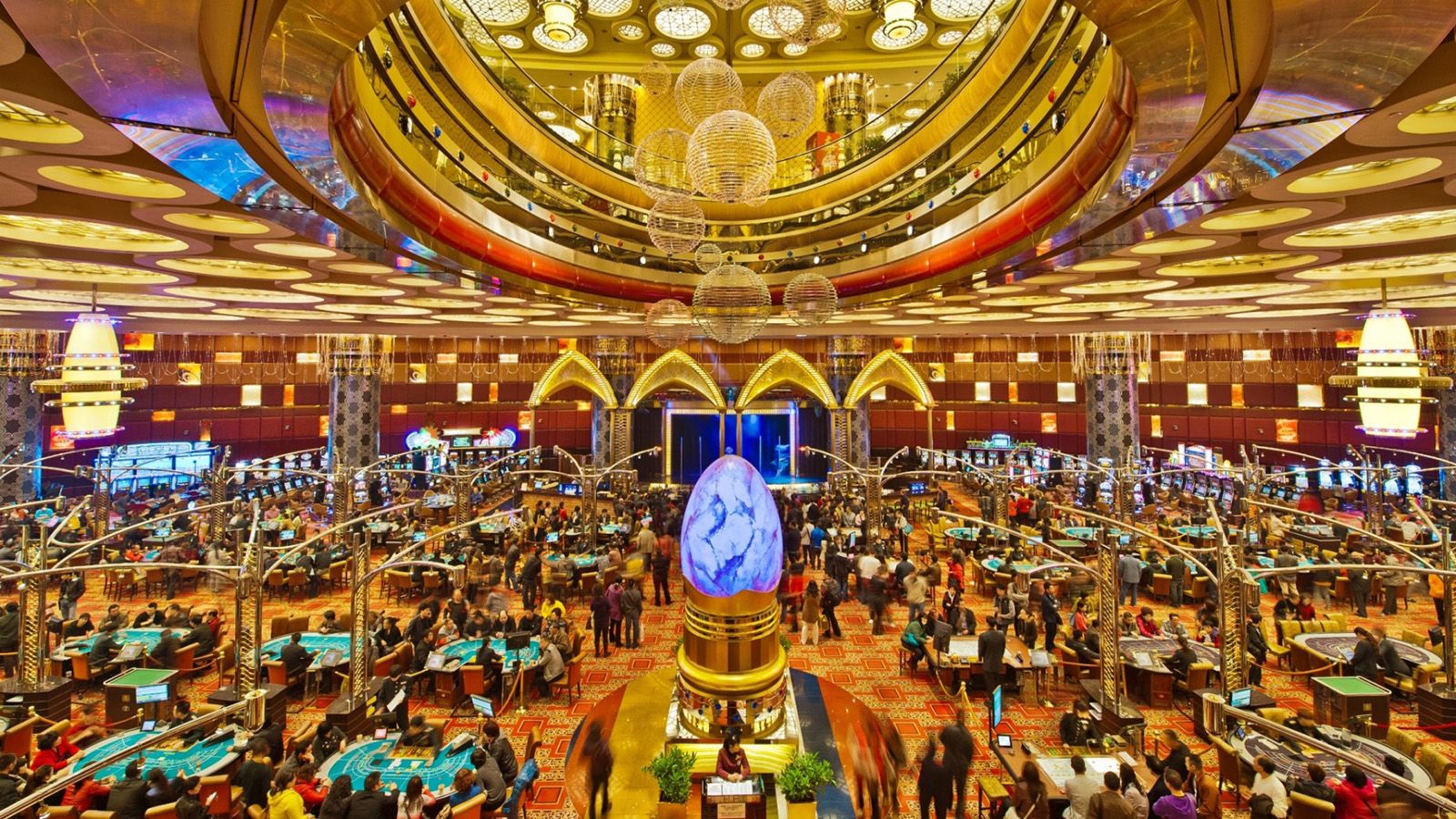
Casino entertainment have long been a staple in human culture, delivering not just entertainment but a captivating reflection of our hopes, dreams, and fears. From the rotating wheels of a slot machine to the skill-based strategies of poker, these games encapsulate a spectrum of human emotions and experiences. At their core, casino games are not just a chance to make profits; they are a snapshot of life itself, where risk and reward merge and fortunes can change in an eye blink.
As players convene around tables or sit in front of vibrantly illuminated machines, they participate in a ritual that transcends mere gambling. These games mirror our innate desires for relationships, thrill, and the search for fortune. They also unveil deeper truths about human behavior, such as our relationship with fate and the excitement of uncertainty. In exploring casino games, we discover not only the rules of play but also the intricate pattern of the human experience, showcasing our woven narratives of hope and reality.
The Psychology of Gambling
Wagering is deeply rooted in human psychology, appealing to various feelings and wants. The thrill of risk-taking is a core aspect that attracts participants, be it it’s thrill of spinning a roulette or the excitement of drawing a winning hand in poker. This rush of adrenaline is frequently likened to other forms of excitement, as the unpredictability of outcomes triggers a distinct psychological response. Gamblers often find themselves captivated by the possibility of winning big, leading to an almost magnetic draw toward gambling games.
Another, an essential component of the psychology behind gambling is the concept of hope and ambition. Participants often nourish dreams of financial freedom and the luxurious lifestyle that can follow winning. This hope fuels their ongoing participation in gambling, as it provides a sense of meaning and the conviction that a transformative win could be just one bet away. The narrative of overcoming odds and finding success resonates with many, strengthening their dedication to play and involve themselves with these games.
Lastly, social dynamics play a significant role in gambling psychology. Casino environments are designed to foster social interaction, where gamblers gather to share the journey of wins and losses. This communal aspect not only amplifies enjoyment but also affects behavior, as individuals often imitate the actions of others in their vicinity. The social validation found in mutual thrill can magnify the emotional experience, making casino games a reflection of not just personal desires but also shared involvement within the gaming community.
## The Dual Nature of Risk and Reward
Gambling activities embody the delicate balance between risk and gain that resonates deeply with the human experience. The rush of placing a bet is often accompanied by a jolt of energy, as participants are confronted with the possibility of striking it rich, yet cognizant of the risk to lose. This twofold experience reflects a essential aspect of life: the decisions we face often come with intrinsic risks, and the pursuit of reward can drive us to embrace risks we might not normally consider. In this way, gambling activities echo real-world decisions, enticing gamblers to risk not just their funds, but also their hopes. Zbet
The allure of grand jackpots and payouts fuels a sense of optimism, encouraging players to imagine a more promising future that could emerge from a single victorious spin of the roulette or turn of a card. This hope can drive individuals to engage in riskier behaviors, encouraging them to push their boundaries in search of monetary success. However, just as in life, the consequences of these risks can lead to both victory and loss. The stories of both jackpot winners and those who have suffered everything at the tables demonstrate the unpredictable nature of chance and its impactful repercussions on our futures.
Ultimately, the interaction of engaging with gambling activities serves as a potent reminder of the human condition. Every session played is imbued with the tension of uncertainty, as gamblers weigh the rewards against the risks. This interaction not only highlights the thrill that comes with betting but also unveils the risks that come with the desire for more. As we navigate the challenges of decision-making and consequence in both the gambling world and in life, we find that the quest for gain shapes our identities and experiences in deep ways.
Culture and Solitude in Casino Environment
Casino environment is a special mix of social engagement and individual pursuit, reflecting the dualities of human experience. Gamblers often come together around tables, sharing in the excitement of the game, rejoicing in wins, and commiserating over losses. This communal aspect is vital, as it establishes a sense of community and bonding among diverse groups of individuals. Regular visitors to gaming establishments may build friendships and establish routines, turning the gambling venue into a alternative home where they feel connected to a larger community of players.
However, the allure of casino activities can also lead to isolation. As players become engrossed in the thrill of playing, they may withdraw from personal relationships or neglect to interact with the world outside the casino. For some, the pursuit of a jackpot can distract from real connections, leading to loneliness. The experience of being among others yet experiencing solitary is not rare, as the focus shifts from shared enjoyment to the individual stakes of each individual’s path.
This interaction of community and isolation creates a rich tapestry that defines gaming culture. It highlights the intricacy of social interactions, where happiness and sorrow exist together. Gambling venues serve as both a refuge for social engagement and a stage for individual challenges, illustrating how deeply entwined our desire for companionship and the individual quest for wealth can be. In navigating this landscape, players confront their own stories—seeking both the thrill of the game and the fellowship of fellow players, eventually mirroring the wider spectrum of human experience.
